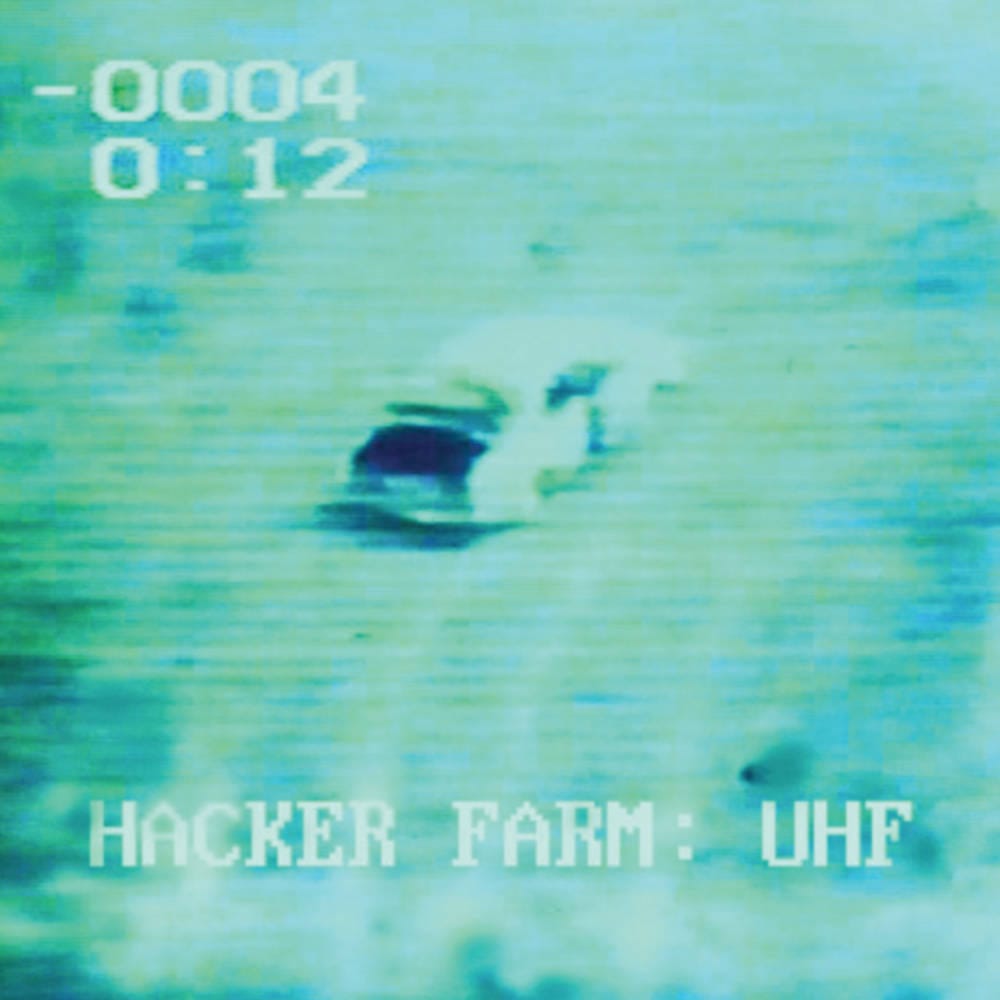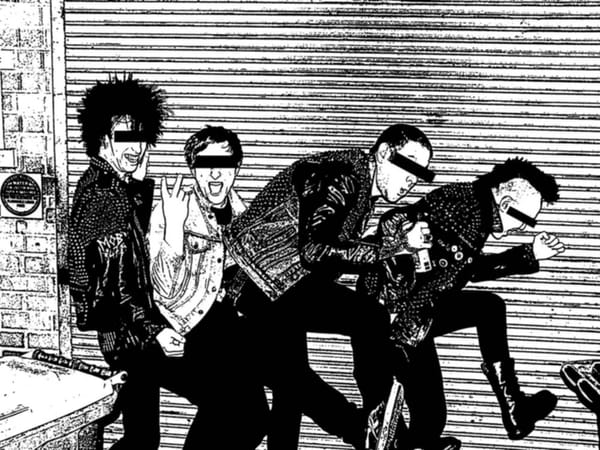Fear in a Handful of Dust
Riaz Agahi reviews Hacker Farm’s new album, UHF

There is a scene in Fitzgerald’s novel The Great Gatsby, where he describes a valley of ashes, a wasteland in suburban New York, full of dirt, decay, ash, and poverty. If such a place had a soundtrack, it would probably be Hacker Farm. Such is the intimidating, disconcerting nature of the soundscapes of this year’s album, UHF. Perhaps as a result of this comparison, I can’t help but feel that there is something very modernist about the atmosphere their music creates. Their sound is a mix of the very darkest elements of electronica (see the broken down beat of ‘Grinch’), noise and maybe a dash of industrial. Unlike the valley of ashes, this dystopian mix provides the cultural backdrop of modern Britain, self-styled ‘Broken Music for a Broken Britain’. ‘One, Six, Nein’ is one example, with an almost punk-like dissatisfaction with society reflected in a sample. Unlike some punk and many other merchants of a dystopian sound, this leads them to new and inventive ideas of music production.
While some may say there’s no such thing as an original idea, it appears to me that Hacker Farm are doing something truly revolutionary. The Hacker Farm collective operates out of a farm near Yeovil, but as alluded to before, doesn’t quite offer the serenity some associate with country life, but rather the poverty and dissatisfaction that brews there. My personal highlights include the aforementioned moments, along with a most depraved bassline on ‘Konrad’ and the foreboding rumble that slowly builds up in ‘Engine Room’.
Their musical ideals revolve around stepping away from the modern world of computer production and laptop sets to create something truly cutting edge. They attempt to return music to the physical world, which is demonstrated by, for example, giving out Rubick’s cubes which, when solved, reveal a QR code leading to downloadable content. This approach extends to their music, where the sounds are made from largely discarded materials, such as housing speakers in a variety of unusual places, from a bird-house to a milk churn, giving them a range of frequencies. In a way, it’s like a more fully realised Holy Fuck, but they truly stand for something.
Behind the dystopian disgust, there is a very real and positive message to reuse and recycle rather than simply replacing. Their music serves as a warning to the consumerist society we currently live in. While the mainstream of music focuses on creating more disposable, artificial, more slickly produced and unimaginative hits, it’s nice to know that Hacker Farm’s latest effort, along with perhaps Prinzhorn Dance School’s Clay Class, may be one of the few albums which truly give future generations a look into the despair, uncertainty and turmoil of Britain during the recession. Hacker Farm seem to take it a step further though, offering a directive to their listeners. Since this is a truly excellent sonic assault on society’s bloated commercialism, using equipment most of the target audience view as rubbish, it’s hard to really argue with them.







